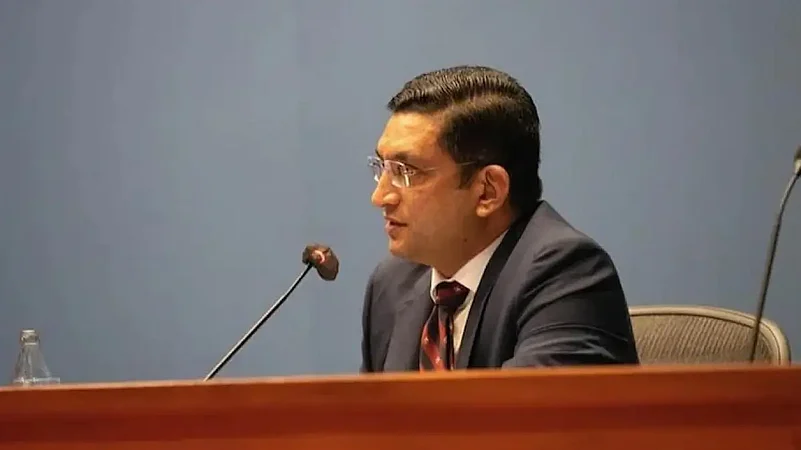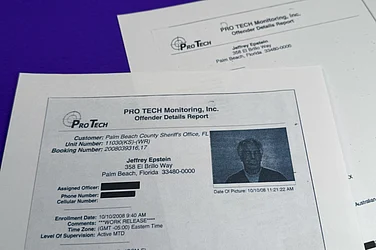Sri Lankan Foreign Minister Ali Sabry on Sunday held talks with his Chinese counterpart Qin Gang here on the future trajectory of the bilateral ties and his country's serious economic crisis leading to its foreign debt default. Sabry is visiting China for the first time after Sri Lanka's debt crisis led to massive political and economic turmoil in the island nation last year. An official readout of the meeting between the two leaders quoted Qin calling for promoting the joint construction of high-quality Belt and Road (BRI) projects.
China will continue to assist in Sri Lanka's economic and social development and the improvement of people's livelihood to the best of its capacity, the readout quoted Qin as saying. China is the biggest lender to Sri Lanka with its loans accounting for ten per cent of Colombo’s total foreign debt which exceeds USD 51 billion. In March this year, the International Monetary Fund (IMF) extended a nearly USD 3 billion bailout facility to debt-ridden Sri Lanka to help stabilise the country's economy after it was jolted by a devastating economic crisis last year.
Debt-ridden Sri Lanka is still struggling to normalise its crisis-hit economy after it declared its first-ever debt default in April last year. India has rushed about USD four billion in assistance in the form of line credit and other modes to help Sri Lanka which has virtually declared insolvency and defaulted on all foreign loans. While backing the IMF loans for Sri Lanka, China was silent on reports that it will not back the global lender’s debt reduction targets for it to clear the loan and has offered a two-year moratorium on repayment of its loans by Colombo.
The official readout of the Qin-Sabry talks made no mention of any discussions on the issue of the loan. According to official figures, Sri Lanka’s total debt is USD 83.6 billion, of which foreign debt amounts to USD 42.6 billion and domestic debt amounts to USD 42 billion. In April 2022, Sri Lanka declared its first-ever debt default, the worst economic crisis since its independence from Britain in 1948, triggered by forex shortages that sparked public protests. Months-long street protests led to the ouster of the then-president Gotabaya Rajapaksa in mid-July. Rajapaksa had started the IMF negotiations after refusing to tap the global lender for support.


























